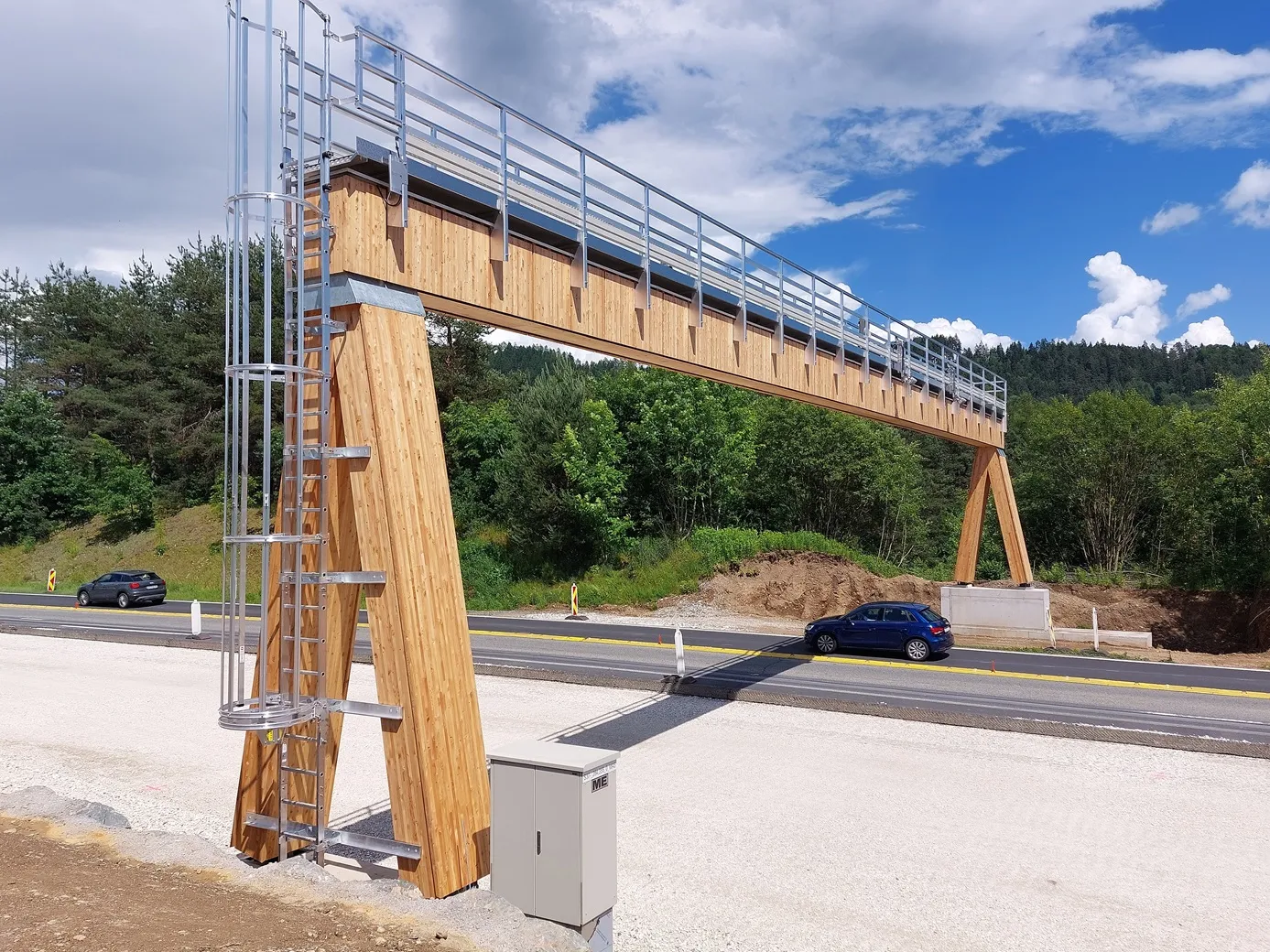A zero-emission LED street light which its Danish developer, Scotia, claims eliminates electricity costs and feed energy back into the grid has been installed in a car park in Copenhagen for seven years and, says have consistently produced five per cent above their initially predicted yield, with no fall-off.
Commissioned by the Danish Government and the United Nations as examples of future zero-emission street lighting for the COP 15 Conference on Climate Change which was held there in December 2009,
March 23, 2016
Read time: 2 mins
A zero-emission LED street light which its Danish developer, Scotia, claims eliminates electricity costs and feed energy back into the grid has been installed in a car park in Copenhagen for seven years and, says have consistently produced five per cent above their initially predicted yield, with no fall-off.
Commissioned by the Danish Government and the United Nations as examples of future zero-emission street lighting for the COP 15 Conference on Climate Change which was held there in December 2009, the lights have been in continuous operation since then with minimal maintenance and no cleaning.
Each of the Scotia masts has been generating 240kwh per year, which the company says means that this small installation of just seven masts has already saved nearly seven tons of CO2 in its short lifetime.
Developed by British lighting expert Steven Scott for his Danish lighting company Scotia, the Monopole converts sunlight to street light by using photovoltaic (PV) panels attached to the four sides of a post. The energy can then be stored in a battery and used at night.
Scotia believes that the increasing cost of running streetlights which is causing some councils in the UK to dim or switch off street lights, could be cut by using the Monopole in addition to reducing to CO2 emissions. It claims that if a local authority with 33,000 traditional street lights converted them all to Monopoles, which can last for 25 years, the maintenance cost would be reduced by around a quarter each year, whilst also making a profit for the council.
Monopole can also run off-grid and be connected with other Monopoles to provide a micro-power grid for developed and developing countries. Earlier versions of the streetlights have also been installed in Nigeria, UAE and Saudi Arabia and can even be powered throughout the year using just ambient light.
Commissioned by the Danish Government and the United Nations as examples of future zero-emission street lighting for the COP 15 Conference on Climate Change which was held there in December 2009, the lights have been in continuous operation since then with minimal maintenance and no cleaning.
Each of the Scotia masts has been generating 240kwh per year, which the company says means that this small installation of just seven masts has already saved nearly seven tons of CO2 in its short lifetime.
Developed by British lighting expert Steven Scott for his Danish lighting company Scotia, the Monopole converts sunlight to street light by using photovoltaic (PV) panels attached to the four sides of a post. The energy can then be stored in a battery and used at night.
Scotia believes that the increasing cost of running streetlights which is causing some councils in the UK to dim or switch off street lights, could be cut by using the Monopole in addition to reducing to CO2 emissions. It claims that if a local authority with 33,000 traditional street lights converted them all to Monopoles, which can last for 25 years, the maintenance cost would be reduced by around a quarter each year, whilst also making a profit for the council.
Monopole can also run off-grid and be connected with other Monopoles to provide a micro-power grid for developed and developing countries. Earlier versions of the streetlights have also been installed in Nigeria, UAE and Saudi Arabia and can even be powered throughout the year using just ambient light.








